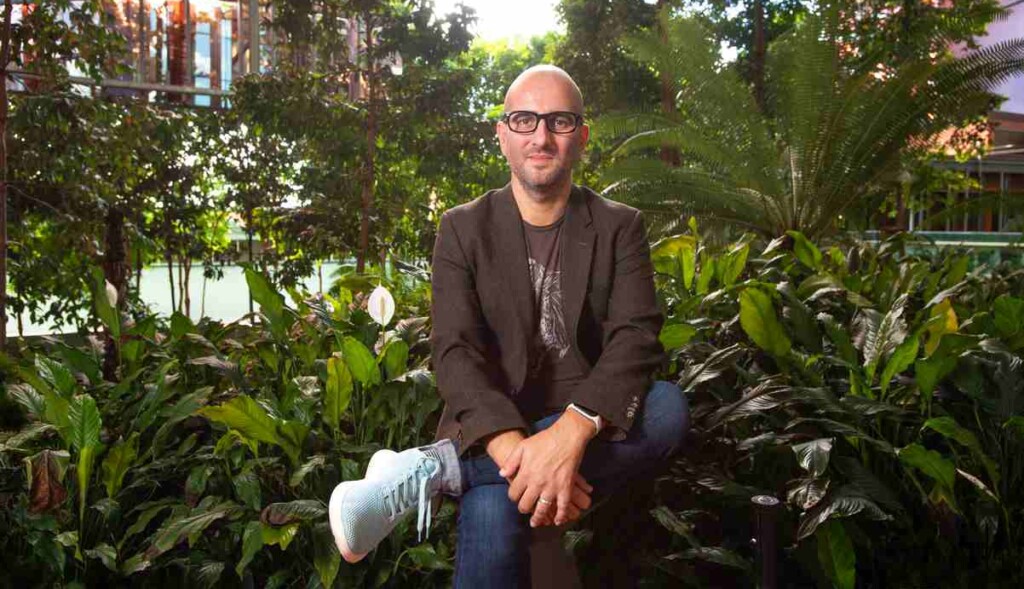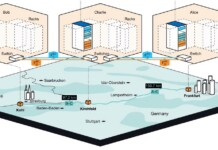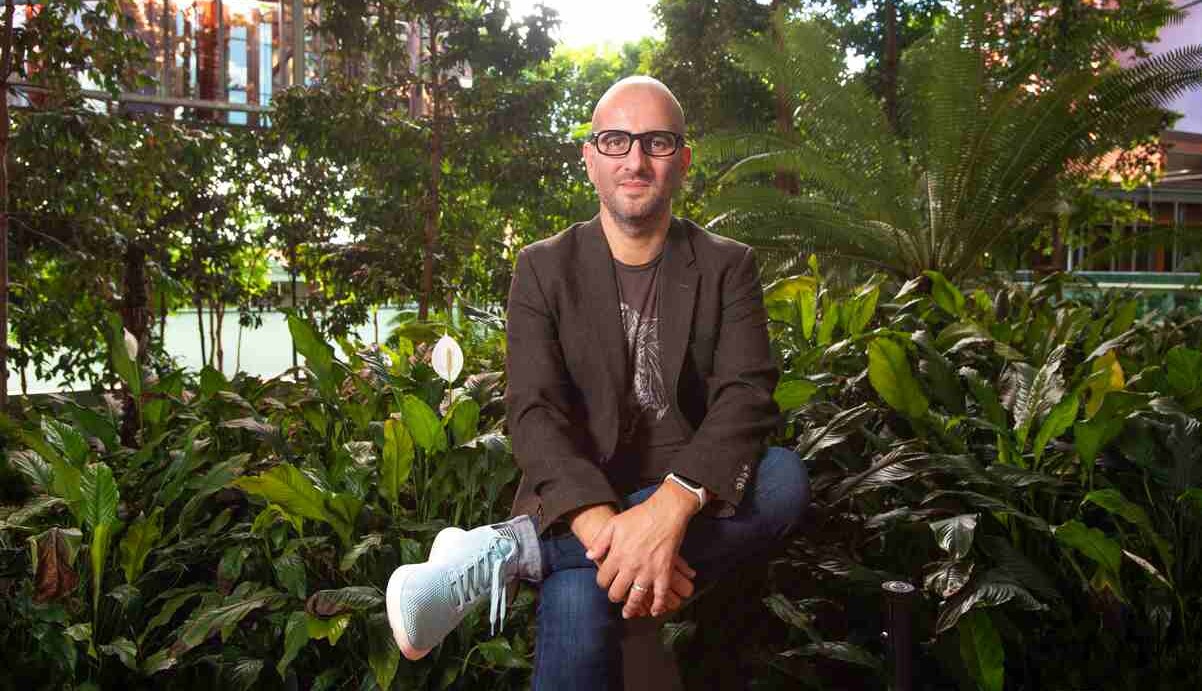
Hundreds of thousands of potential sources of new antibiotics have been found in the natural world using artificial intelligence.
An international research team utilized machine learning to identify 863,498 promising antimicrobial peptides, any one of which may be needed in the future to fight deadly drug-resistant infections like MRSA and VRSA.
The findings of the study, published in the journal Cell, come amid a renewed focus on combatting antimicrobial resistance (AMR) as humanity contends with soaring numbers of infections resistant to current antibiotics.
“There is an urgent need for new methods for antibiotic discovery,“ says computational biologist Professor Luis Pedro Coelho, of the Queensland University of Technology, Australia. “It is one of the top public health threats, killing 1.27 million people each year.”
“Using artificial intelligence to understand and harness the power of the global microbiome will hopefully drive innovative research for better public health outcomes.”
Without intervention, it is estimated that AMR could cause up to 10 million deaths every year by 2050.
From his lab at the QUT Center for Microbiome Research, Professor Coelho verified the machine predictions by testing 100 of the more than 800,000 peptides against clinically significant pathogens.
In a pre-clinical model of infected mice, treatment with the peptides produced results similar to the effects of polymyxin B, a commercially available antibiotic used to treat meningitis, pneumonia, sepsis, and urinary tract infections.
ANTIBIOTIC-RESISTANCE DEFEATED: A Powerful Antibiotic That Can Tackle Superbugs Has Been Discovered in the ‘Dark Matter’ of Bacteria
An additional 79 of these peptides disrupted bacterial membranes and 63 didn’t merely disrupt but specifically targeted antibiotic-resistant bacteria such as Staphylococcus aureus and Escherichia coli.
“Moreover, some peptides helped to eliminate infections in mice; two in particular reduced bacteria by up to four orders of magnitude,” said Coelho.
MORE SUCH NEWS: Fungus Devastating Frogs Worldwide May Have an Achilles Heel – And it May Save the Amphibians
Over one million organisms were analyzed to get the results, coming “from sources across the globe including marine and soil environments, and human and animal guts.”
The resulting AMPSphere, a database comprising the new peptides, has been published as a publicly available, open-access resource for new antibiotic discovery.
CELEBRATE The Scientists’ Incredible Service To Medicine By Sharing This Story…




















